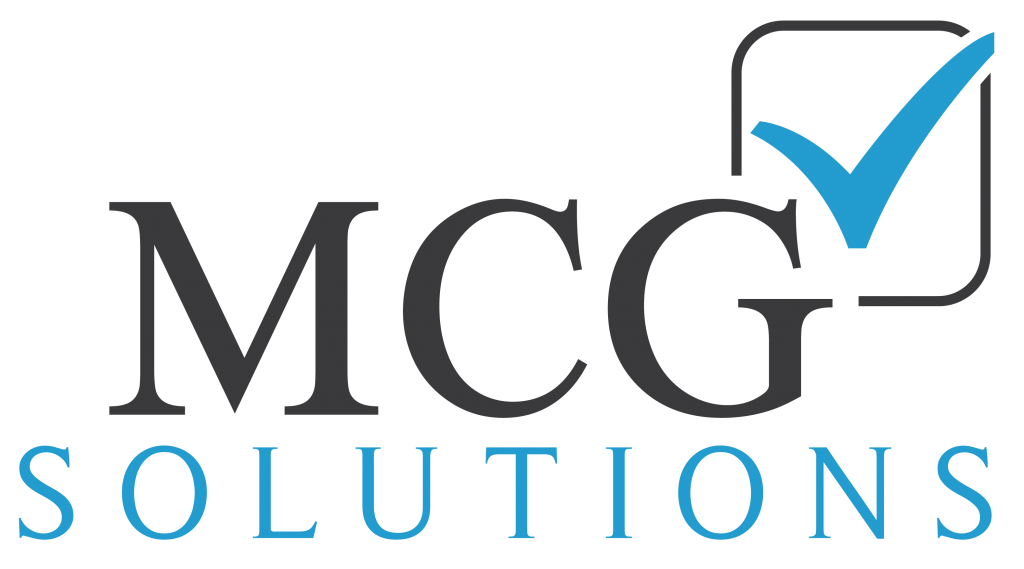It’s hard to believe we’re already reaching the end of the year, but here we are, which means it’s time for you to start thinking about your taxes (if you haven’t been all year long already!).
At this time of year, businesses often start to look for ways they can push off some of their tax liability until future years. These deferrals can help you save some money and hold on to some liquid cash as you head into the new year, which can have a lot of benefits.
Here are a few examples of some tax deferral strategies you might consider employing with your business.
- Contribute to retirement plans: One of the easiest ways to defer money is to contribute to registered plans, including retirement savings plans, deferred profit sharing plans and registered pension plans. These are vehicles that have tax deferral built into them already in terms of how they operate, so take advantage of that benefit.
- Purchase an annuity: An annuity is essentially a promise that you will pay out a certain amount of cash each month over a certain length of time. It works similarly to a mortgage, but in reverse, meaning the money you get each month is a combination of your principal and interest being paid back to you. With a prescribed annuity, you get a level amount of interest over the entire life of the annuity, rather than all up front, and you are allowed to defer taxes in the annuity’s early years.
- Capital gains: If you sell off an asset at a profit, you can spread out the capital gain over up to five years if you defer collecting some of those proceeds until future years. You would do this by taking back promissory notes instead of cash for part or all of the proceeds of that sale. If some of those sale proceeds are still owed at the end of this year, for example, you’d be able to take a capital gains reserve deduction for at least part of the taxable capital gain on the sale.
- Defined contribution plans: A notional defined contribution plan can also be an effective vehicle to help you defer some tax liability. This is a plan you only put down on paper—you don’t actually make any cash contributions. A percentage of pay gets credited to the plan, in addition to earnings on the amount of money in the plan. The benefits get paid out at a later time, and the amounts of benefits are taxed as regular pension benefits.
- SEP IRA: A Simplified Employee Pension allows you to defer taxes on up to 25 percent of your earnings up to $49,000 per year by putting money into an account that operates very much like a standard IRA. You are not required to make contributions into this account in any given year.
For more tips about tax deferral strategies you can use this year, contact us at MCG Solutions.
